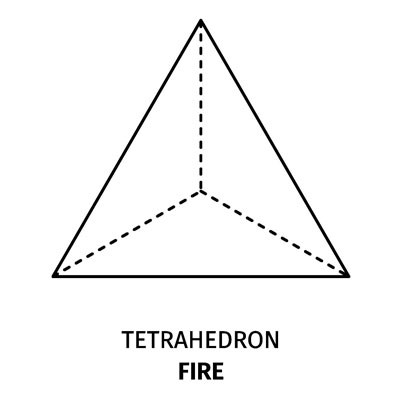in which Meredith and i respond to the tale Allerleirauh (All Fur) as collected by the brothers Grimm

let me begin by stating how difficult it is to pronounce Allerleirauh for people with a lisp or short lingual frenulum (that little bit of skin attaching tongue to mouth).
i was, as ever, intrigued by Meredith’s response to the tale. she connected perspectives from philosophy (european and east asian), game logic, and feminism (if that isn’t an ugly word nowadays). while i am also irked that the most remarkable–well, only–thing about the king’s wife was her unparalleled beauty, perhaps we can interpret the dying woman’s wish as an impossible task: it would be impossible to find someone as beautiful as the queen to succeed her place, thus, the king is guaranteed not to marry. little did the queen suspect that her husband would go for their own daughter (gaaaaah). or, if we align beauty with goodness, the queen seeks one that would be good and kind for her king. the golden hair is perhaps a clue to goodness, perfection, solidity. i am reminded of Alchemy, refining base metals (base thoughts) into pure gold (higher, spiritual thoughts). more on this later.
impossible tasks or trials abound in myth and fairy tale. Meredith referenced Cinderella, who has to complete trials before going to the ball. in one variation of the tale, she has to pick lentils out of the hearth ashes. in Allerleirauh, we have our princess protagonist delay the horror of forced incestual marriage by requesting 4 impossible garments: 3 dresses like the sun, moon, and stars, as well as 1 cloak of a thousand pelts. unfortunately, the king achieves the impossible, produces the garments, and the wedding is on. after the princess’ escape, she ends up as a kitchen maid. Allerleirauh, for that is now her name, she of a thousand furs, “lived there for a long time in great wretchedness”. another trial. why didn’t she immediately turn herself in, pronounce her royal background, and avoid “a long time in great wretchedness”? this brings my back to Alchemy.
already with the 3 dresses and 1 cloak/mantle, we have and equation that makes me think of a tetrahedron: pyramid with a triangle as its base. it’s not enough for our princess to be clothed in sun, moon, and stars. she needs her animal nature, too. it is her animal nature which allows her to remain hidden, to dwell in wretchedness and refine herself to pure gold.
we also have a 3 + 1 with the 3 magical golden items the princess flees with, and which end up in a delicious soup (cooking, Alchemy, refining through chemical process of heat). the golden ring, golden spinning wheel, and golden reel. but it is not until the king places another golden ring on her finger that the princess’ true nature may be seen, that she is able to be discovered (literally, uncovered, her fur mantle tossed aside: “Then her golden hair shone forth, and she stood there in full splendor, and could no longer hide herself.”
the hidden/revealed theme is present in the princess’ hiding place (sleeps in a hollow log), hiding behind soot, golden objects hidden in soup, dresses hidden in a nutshell. when i read this tale as a kid, i always wondered how the dresses fit in a nutshell! universe in a nutshell? is that some weird translation error? walnuts are linked with wisdom, and the brain. are we to read this as the cosmos (sun, moon, stars) being present in our very skulls, if we can only make it so?
i also think it significant that the princess chooses to reverse the order of power of splendor in her styling: she begins with the most glorious, the dress like the sun, then the silvery moon, and finally, the stars. the light weakens with each dress choice. we move from the masculine, Apollonian sun, to the dark night of moon (feminine or masculine, that depends), and finally to the stars, which have the weakest collective light, but are closest to magic and ritual. the night itself is often described as a cloak of stars.
which cloak shall we don, Meredith, to guide us on our paths?